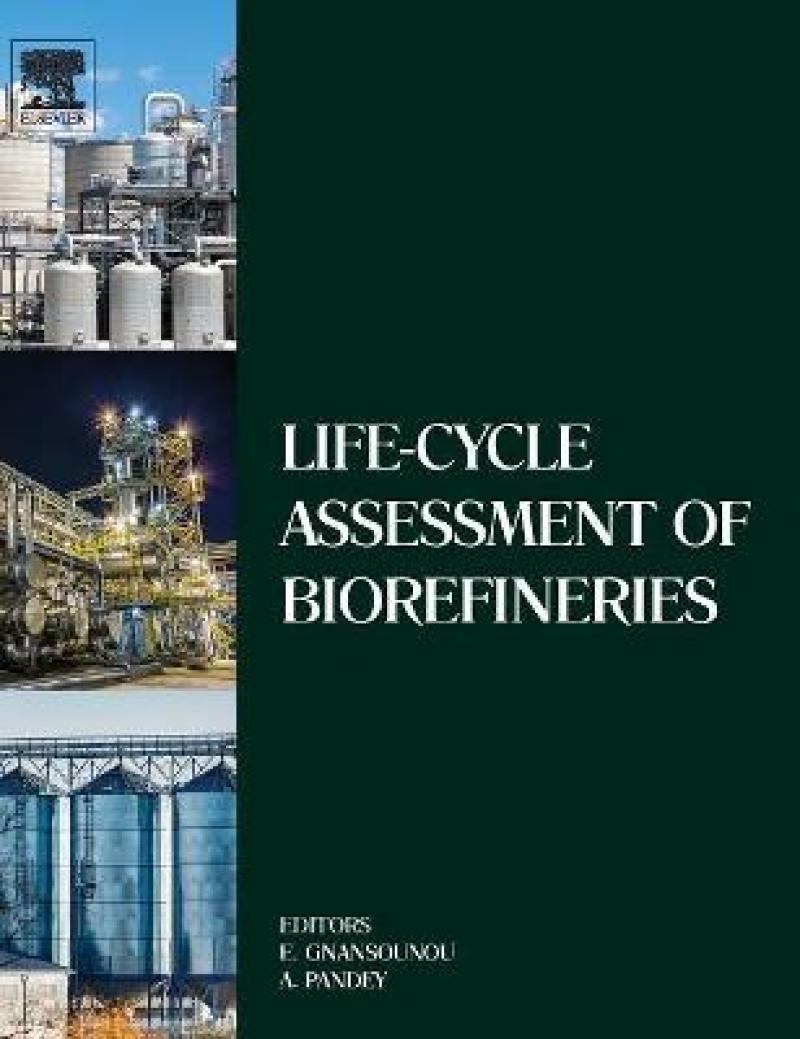Life-Cycle Assessment of Biorefineries, the sixth and last book in the series on biomass-biorefineries discusses the unprecedented growth and development in the emerging concept of a global bio-based economy in which biomass-based biorefineries have attained center stage for the production of fuels and chemicals.
It is envisaged that by 2020 a majority of chemicals currently being produced through a chemical route will be produced via a bio-based route. Agro-industrial residues, municipal solid wastes, and forestry wastes have been considered as the most significant feedstocks for such bio-refineries. However, for the techno-economic success of such biorefineries, it is of prime and utmost importance to understand their lifecycle assessment for various aspects.
Les mer
1. Classification of Biorefineries Taking into Account Sustainability Potentials and Flexibility
2. Fundamentals of Life Cycle Assessment and Specificity of Biorefineries
3. Life-Cycle Assessment of Agricultural Feedstock for Biorefineries
4. Life Cycle Assessment of Sugar Crops and Starch-Based Integrated Biorefineries
5. Life Cycle Assessment of Vetiver-Based Biorefinery With Production of Bioethanol and Furfural
6. Life Cycle Assessment of Thermochemical Conversion of Empty Fruit Bunch of Oil Palm to Bio-Methane
7. Life Cycle Assessment of Algal Biorefinery
8. Life Cycle Assessment and Land-Use Changes: Effectiveness and Limitations
9. Modeling Land-Use Change Effects of Biofuel Policies: Coupling Economic Models and LCA
10. Towards an Integrated Sustainability Assessment of Biorefineries
Les mer
Presents comprehensive information on the basics of lifecycle assessment and its relationship and impact on fuel policies and integrated biorefineries
Presents comprehensive information on the basics of lifecycle assessment and its relationship and impact on fuel policies and integrated biorefineries
Provides state-of-art information on the basics and fundamental principles of LCA for biorefineries
Contains key features for the education and understanding of integrated biorefineries
Presents models that are used to cope with land-use changes and their effects on biorefineries
Includes relevant case studies that illustrate main points
Les mer
Produktdetaljer
ISBN
9780444635853
Publisert
2017-01-12
Utgiver
Vendor
Elsevier Science Ltd
Vekt
820 gr
Høyde
235 mm
Bredde
191 mm
Aldersnivå
P, 06
Språk
Product language
Engelsk
Format
Product format
Innbundet
Antall sider
322
